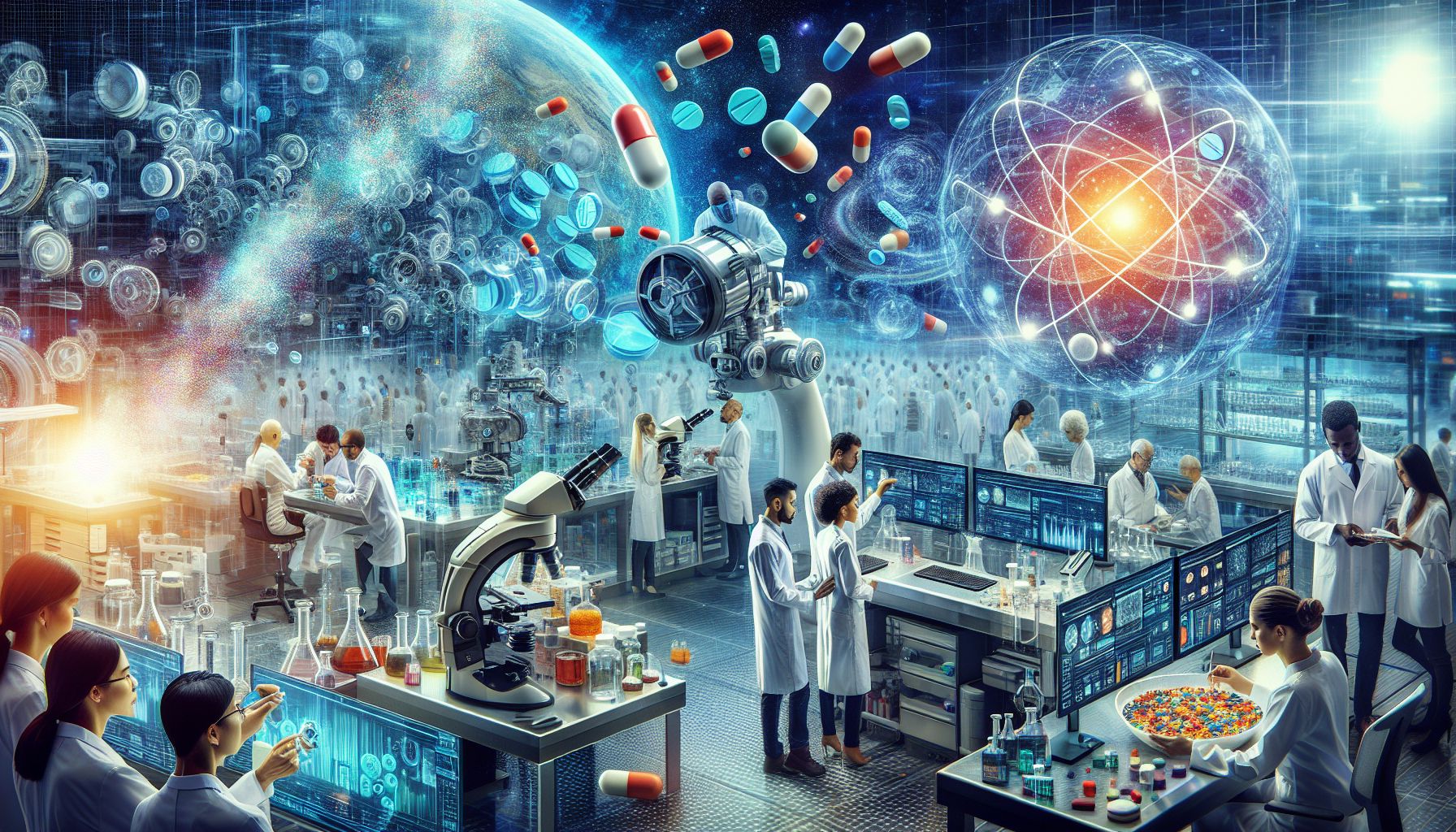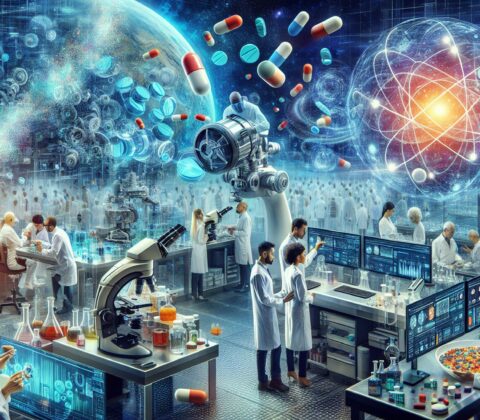

The Intersection of Technology and Pharmaceutical Products
In today’s fast-paced world, technology plays a crucial role in almost every industry, including the pharmaceutical sector. The integration of technology has revolutionized the way pharmaceutical products are developed, tested, and distributed. This has not only improved efficiency but also led to the creation of more effective and innovative medications.
One of the key ways in which technology has influenced the pharmaceutical industry is through the use of artificial intelligence and machine learning. These technologies have enabled researchers to analyze vast amounts of data in a fraction of the time it would take a human. This has resulted in the faster identification of potential drug candidates and the speedier development of new medications.
Additionally, technology has allowed for more precise and personalized medicine. Through the use of genetic testing and biometric data, pharmaceutical companies can create medications that are tailored to an individual’s specific needs. This has led to more targeted treatments with fewer side effects, resulting in better patient outcomes.
Another way in which technology has impacted the pharmaceutical industry is through the use of virtual reality and augmented reality. These technologies have been utilized in drug development to simulate clinical trials and study the effects of medications on virtual patients. This has not only sped up the drug development process but has also improved safety by allowing researchers to identify potential risks before testing on humans.
Furthermore, technology has played a significant role in improving the distribution and accessibility of pharmaceutical products. The use of blockchain technology has enabled better tracking of medications throughout the supply chain, reducing the risk of counterfeit drugs entering the market. Additionally, telemedicine and mobile health apps have made it easier for patients to access medications and monitor their health remotely.
In conclusion, the integration of technology into the pharmaceutical industry has had a profound impact on the development, testing, and distribution of medications. From artificial intelligence and machine learning to virtual reality and augmented reality, technology has enabled researchers to create more effective and personalized treatments. As technology continues to advance, we can expect to see even more innovative and life-changing pharmaceutical products in the future.
Comments are Disabled